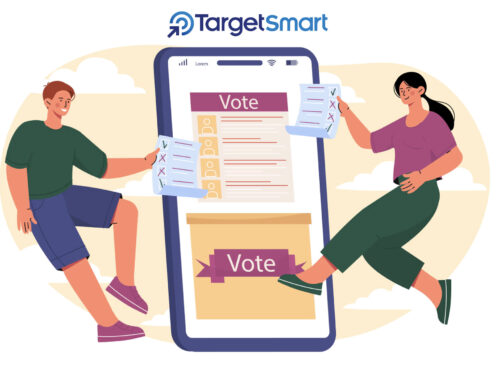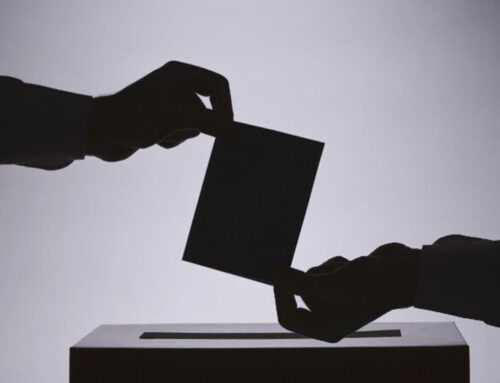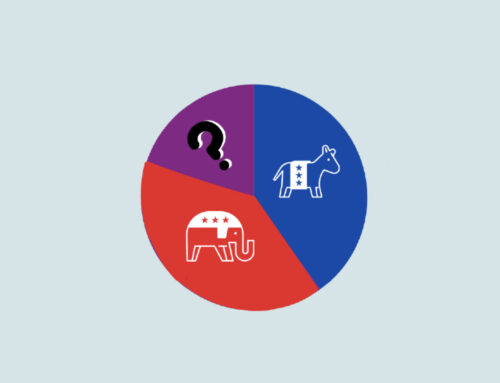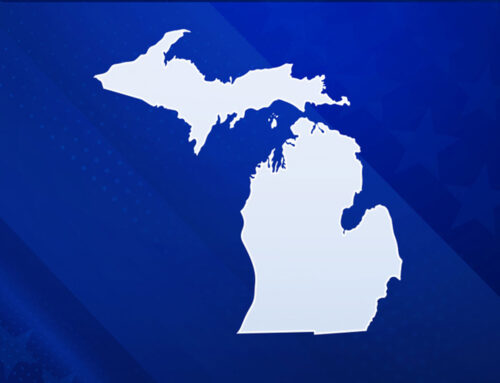Most American voters are concerned that the ongoing coronavirus outbreak will prevent U.S. citizens from participating in the 2020 elections. As a result, huge majorities are supportive of a broad array of reforms to ensure it is safe to vote come November. These findings are drawn from a nationwide study of registered voters in the United States to see how the American public is thinking about this year’s elections in the context of the coronavirus outbreak. This mixed-mode, phone/web survey was administered from April 8-11, 2020 by the data collection specialists at Dynata and reached 1,200 registered voters matched to the TargetSmart voter file. Toplines, crosstabs, analysis slides, and a full statement on the poll’s methodology can be found by visiting insights.targetsmart.com.
This study reveals that voters express profound concerns about the impact COVID-19 will have on our elections. Overall, about as many American voters are concerned that the coronavirus outbreak will prevent citizens from voting in this year’s elections (63% very or somewhat concerned) as express concerns about losing income due to the pandemic (61% very or somewhat concerned). See Figure 1 below.

Additionally, a substantial proportion of American voters (46%) are at least somewhat worried that they, or someone in their immediate family, might catch the coronavirus while voting at the place where they usually cast their ballot while just 1-in-4 American voters (25%) are not worried at all about these dangers. These worries are unevenly shouldered by self-identified Democrats (58% very or somewhat worried) and to some extent independents (43% very or somewhat worried). Republicans are significantly less likely to voice these worries about in-person voting, though 1-in-3 still express concern (34% very or somewhat worried).
As a result, this poll strongly suggests that American voters want policy makers and elections administrators to act to ensure that all citizens can vote safely in the 2020 elections. Overwhelming majorities believe it is important for state and local government to provide alternatives to in-person voting (46% very important, 32% somewhat important, 18% not important) and for the federal government to provide additional funding to states and counties to cover the increased costs of conducting elections due to the coronavirus outbreak (45% very important, 32% somewhat important, 18% not important).
What’s more, as shown in Figure 2, a wide range of specific reforms currently under consideration are broadly-to-almost ubiquitously popular with American voters across the political spectrum. These include expanded access to early voting and vote-by-mail (as well as pre-paid postage), increasing the number of in-person polling places to minimize lines, allowing voters to cast a ballot at any voting precinct in their county, extending voter registration deadlines and allowing same-day registration, and ensuring all working citizens get paid time off for voting. The only reforms we tested that are met with significant skepticism are online voting and delaying the November election.






